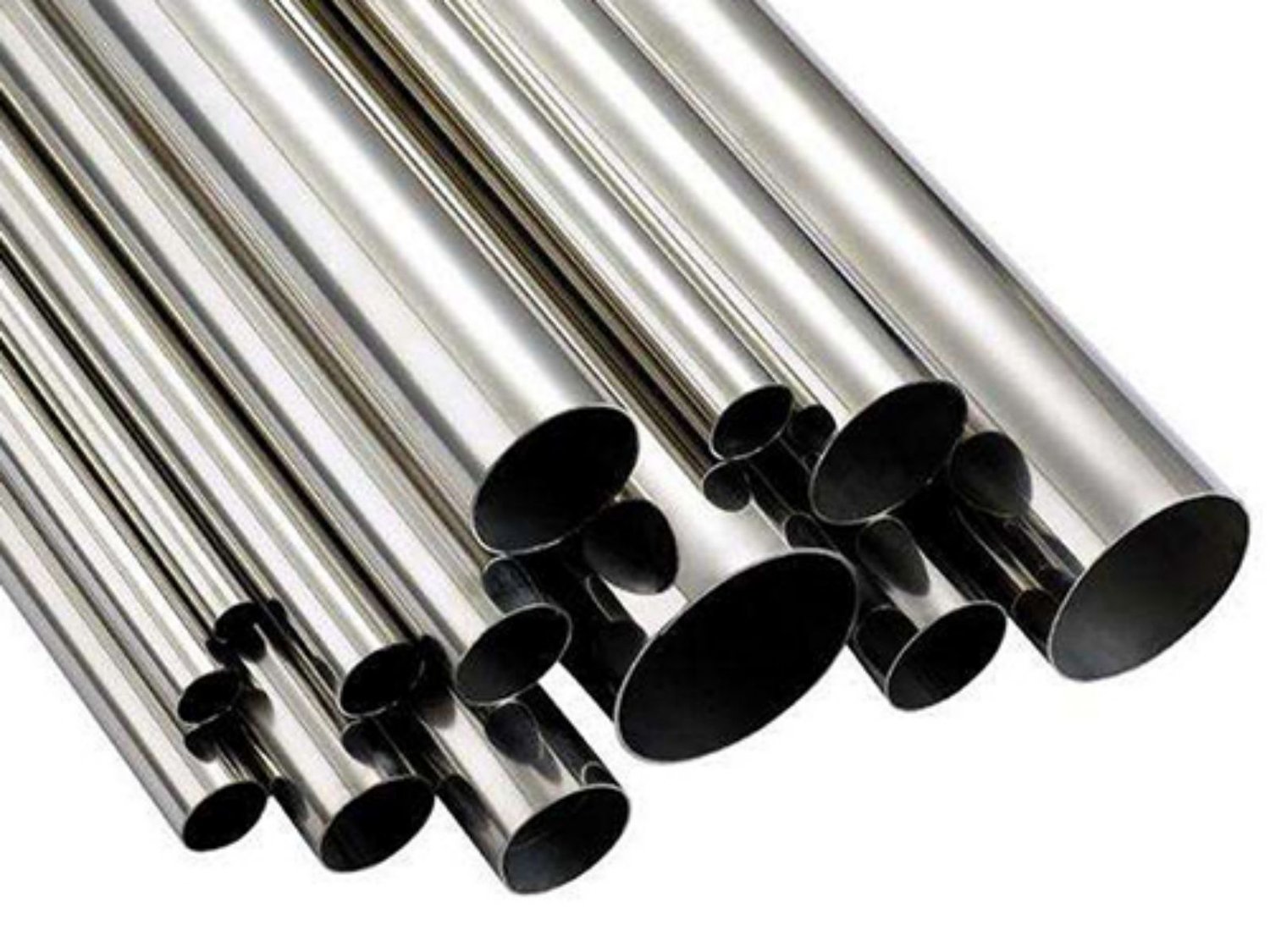Table of Contents

The Development and Application of Titanium Alloy Seamless Pipe
Titanium alloy seamless pipes have gained significant prominence in various industries due to their exceptional properties and wide-ranging applications. This article explores the development and application of titanium alloy seamless pipes, highlighting their advantages, manufacturing process, and diverse uses in different sectors.
The Advantages of Titanium Alloy Seamless Pipe
Titanium alloy seamless pipes offer numerous advantages that make them highly sought after in various industries. Firstly, their excellent corrosion resistance makes them suitable for applications in harsh environments, such as chemical processing plants and offshore oil rigs. Additionally, titanium alloy seamless pipes have high strength-to-weight ratios, making them ideal for aerospace and automotive industries where lightweight yet durable materials are needed. Moreover, titanium alloys exhibit exceptional biocompatibility, making them suitable for medical implants and prosthetics.
The Manufacturing Process of Titanium Alloy Seamless Pipe
The manufacturing process of titanium alloy seamless pipes involves several steps to ensure their high quality and precision. Firstly, titanium sponge is extracted from titanium ores and processed through the Kroll process to obtain titanium ingots. These ingots are then heated and forged into billets, which are further processed into seamless tubes through extrusion or rotary piercing. Subsequently, the seamless tubes undergo multiple stages of hot and cold rolling to achieve the desired dimensions and mechanical properties. Finally, the pipes are heat-treated and tested for quality assurance before being ready for application.
Applications in the Aerospace Industry
Titanium alloy seamless pipes find extensive use in the aerospace industry due to their exceptional properties. They are used in aircraft structures, engine components, and hydraulic systems. The lightweight nature of titanium alloys helps reduce fuel consumption and enhance overall performance. Furthermore, their high strength-to-weight ratio allows for the design of more efficient and advanced aerospace structures. Titanium alloy seamless pipes also exhibit excellent resistance to high temperatures, making them suitable for use in the hot sections of aircraft engines.
Applications in the Oil and Gas Industry
The oil and gas industry heavily relies on titanium alloy seamless pipes for various applications. These pipes are used in offshore drilling operations, subsea pipelines, and petrochemical plants. The corrosion resistance of titanium alloys ensures the longevity and reliability of pipelines in aggressive environments. Moreover, their high strength and resistance to hydrogen embrittlement make them ideal for deep-sea exploration and production, where extreme pressures and temperatures are encountered.
Applications in the Medical Field
Titanium alloy seamless pipes play a crucial role in the medical field, particularly in orthopedic and dental applications. They are used in the production of implants, such as hip and knee replacements, due to their biocompatibility and ability to integrate with natural bone tissue. Titanium alloys also exhibit excellent resistance to bodily fluids, ensuring the longevity and reliability of medical implants. Additionally, their low modulus of elasticity helps reduce stress shielding and promotes better patient outcomes.
Applications in the Chemical Industry
Titanium alloy seamless pipes are widely employed in the chemical industry for their exceptional corrosion resistance. They are utilized in chemical processing plants, where highly corrosive substances are handled. Titanium alloys prevent contamination and ensure the integrity of the process by withstanding aggressive chemicals and maintaining their structural integrity even in severe environments. Furthermore, their resistance to chloride-induced stress corrosion cracking makes them an excellent choice for applications involving saltwater or chlorinated compounds.
Applications in the Automotive Industry
In the automotive industry, titanium alloy seamless pipes are used in exhaust systems, suspension components, and engine parts. The lightweight nature of titanium alloys helps improve fuel efficiency and reduce emissions, contributing to a more sustainable and eco-friendly transportation sector. Additionally, the high strength and fatigue resistance of titanium alloys ensure the durability and reliability of automotive components, enhancing overall vehicle performance and safety.
Applications in the Power Generation Industry
The power generation industry extensively utilizes titanium alloy seamless pipes in various applications. These pipes are employed in power plants, nuclear reactors, and desalination plants. Titanium alloys' resistance to corrosion and thermal stability make them ideal for heat exchangers, condensers, and piping systems that handle high-temperature and corrosive fluids. The use of titanium alloy seamless pipes in power generation facilities ensures efficient and reliable operations with reduced maintenance requirements.
Applications in the Marine Industry
Titanium alloy seamless pipes find significant applications in the marine industry, particularly in seawater desalination plants and shipbuilding. The corrosion resistance of titanium alloys makes them suitable for seawater cooling systems, where traditional materials would deteriorate rapidly. Additionally, their lightweight nature contributes to fuel efficiency and enhances the overall performance of ships. Titanium alloy seamless pipes also exhibit excellent resistance to biofouling, reducing maintenance costs and improving the lifespan of marine structures.
Emerging Applications and Future Prospects
The development and application of titanium alloy seamless pipes continue to expand into new sectors. Emerging applications include renewable energy systems, such as wind turbines and solar power plants, where titanium alloys' corrosion resistance and lightweight properties are advantageous. Moreover, the growing demand for titanium alloys in additive manufacturing (3D printing) opens up new possibilities for complex and customized designs in various industries. As research and development in titanium alloy technology progress, the future prospects for seamless pipe applications are promising.
